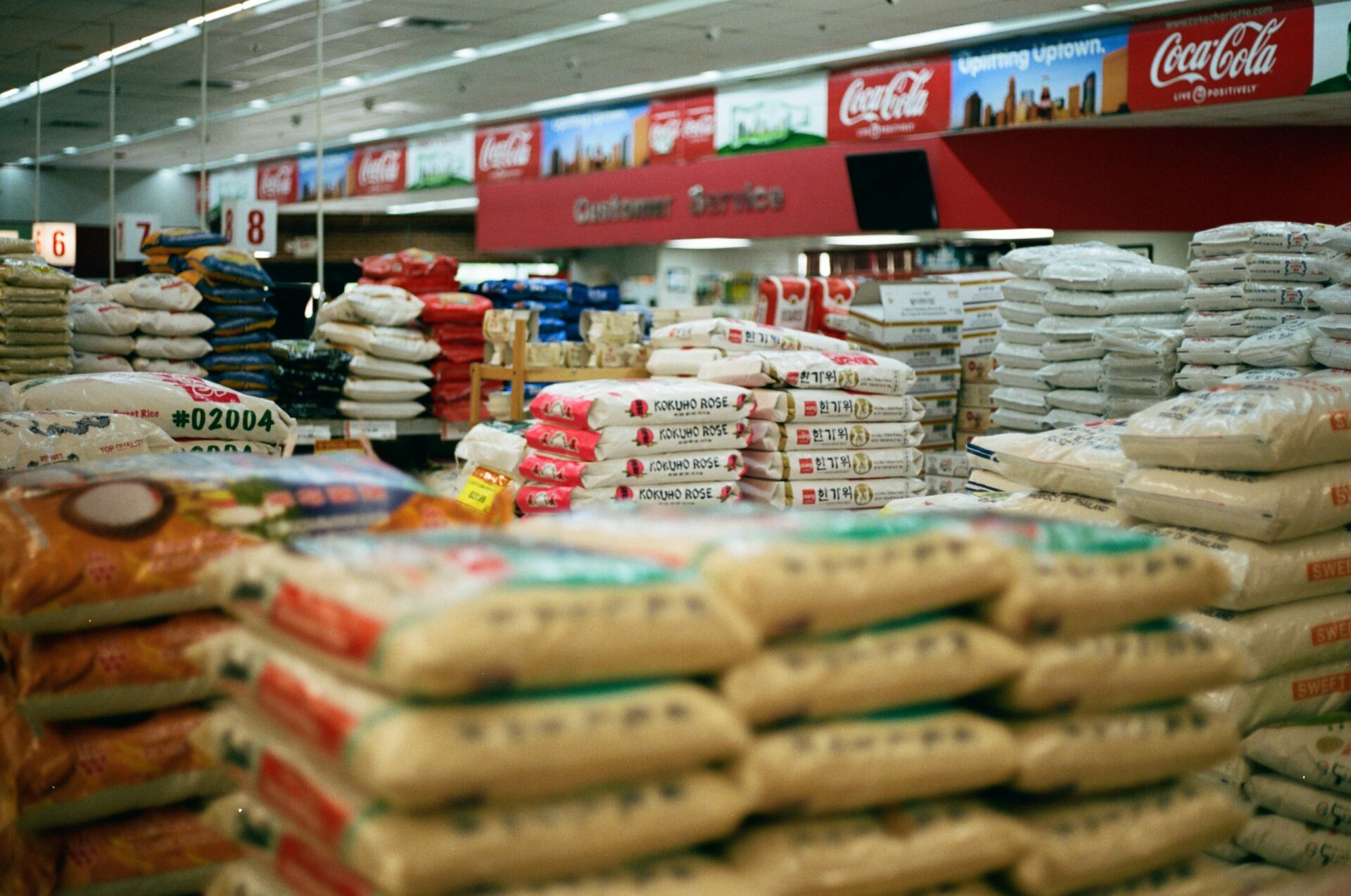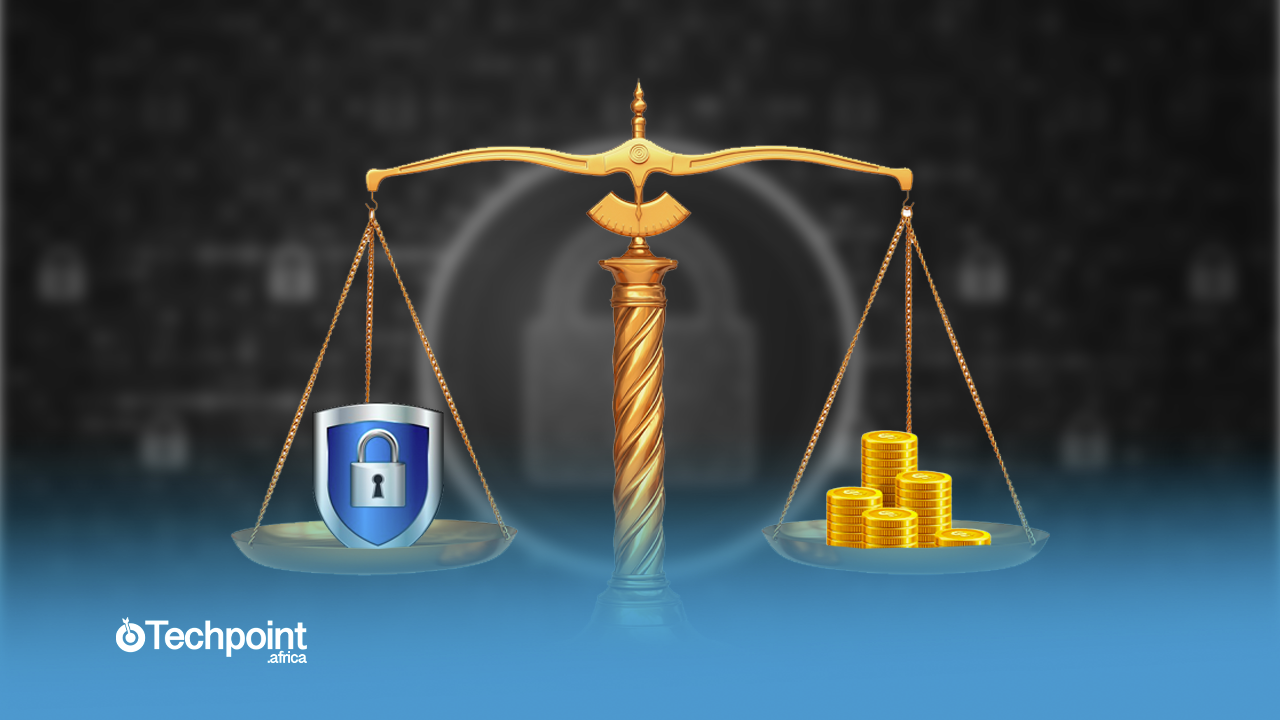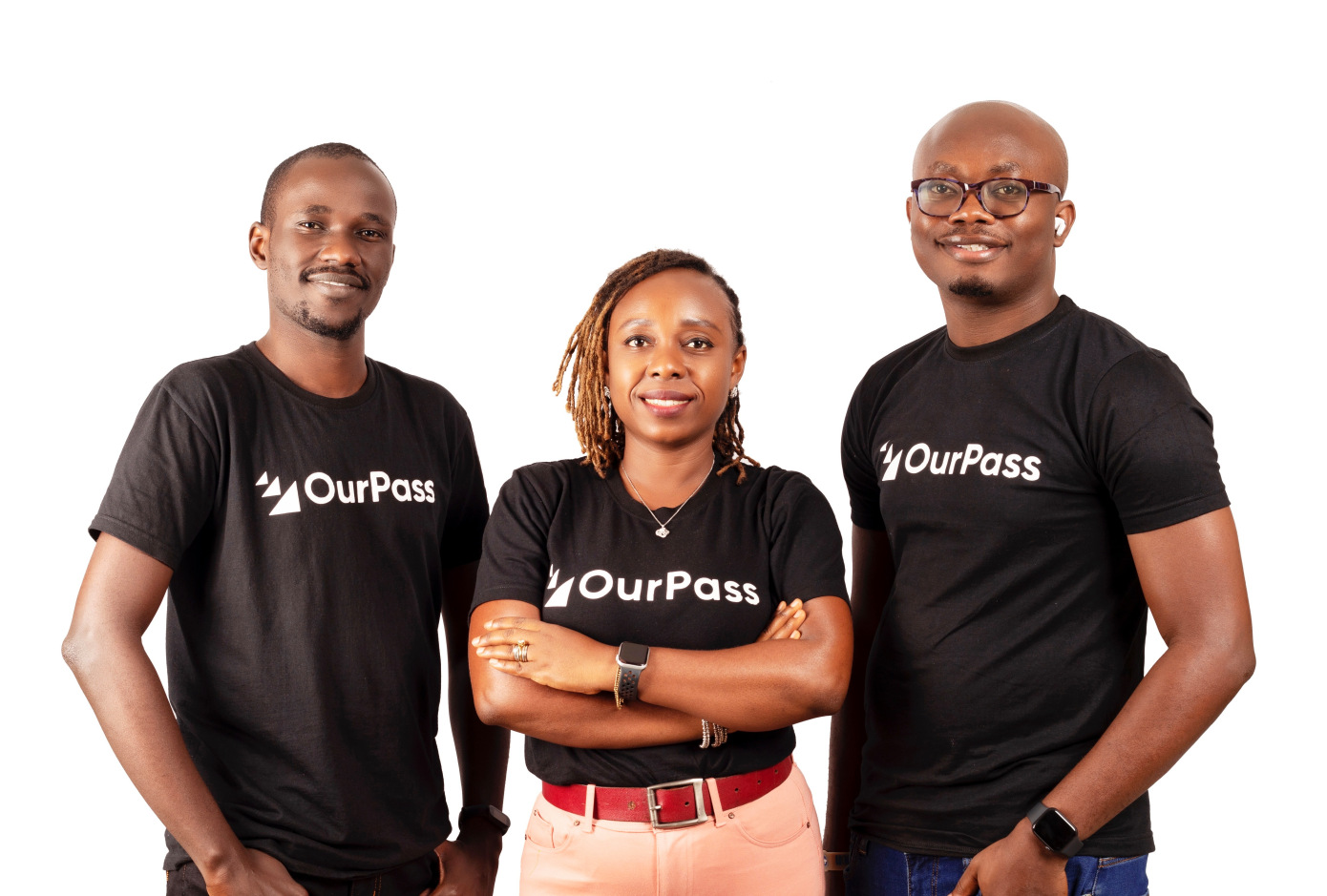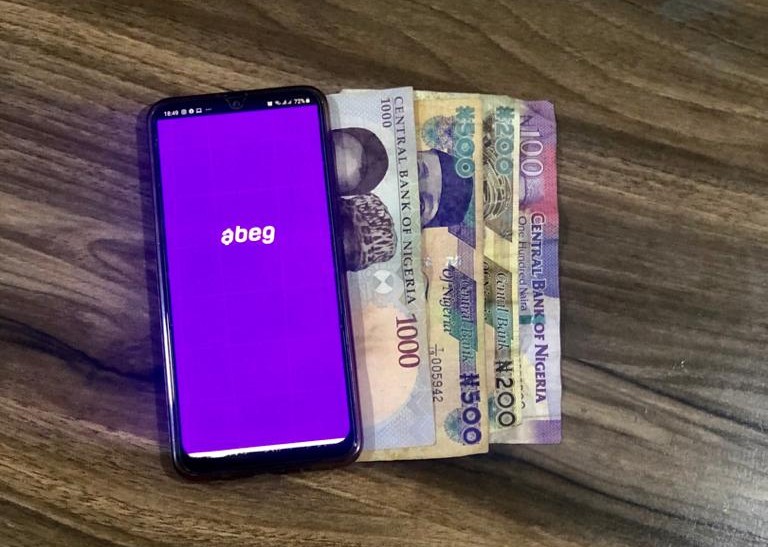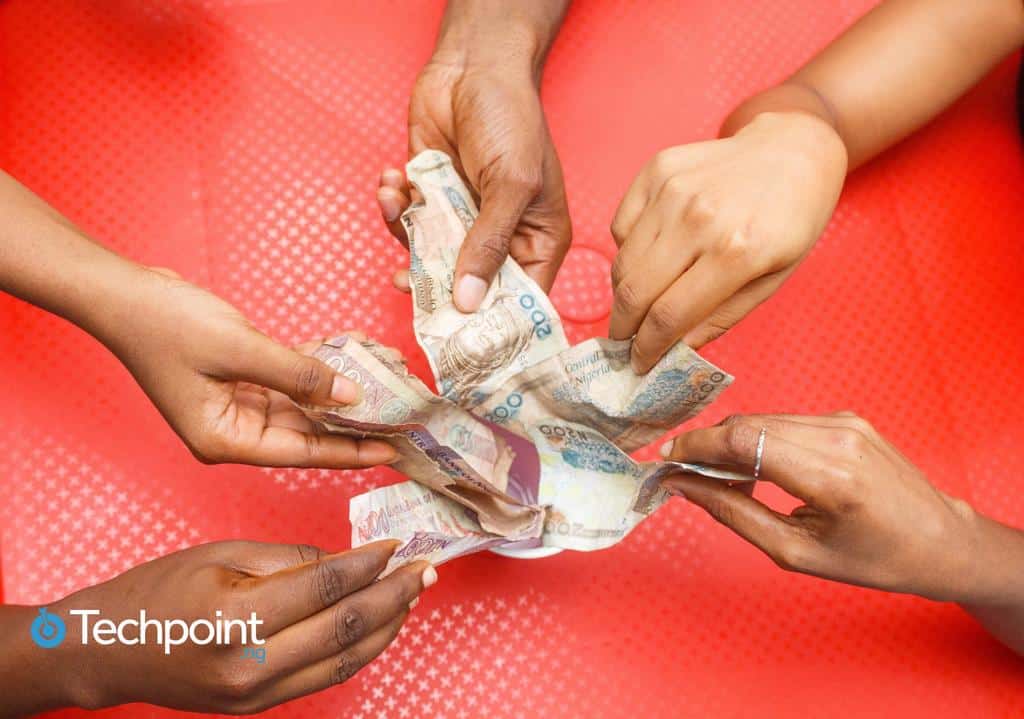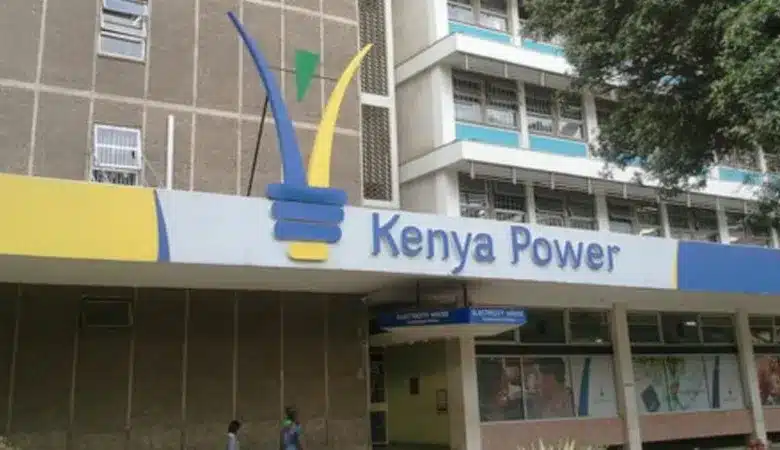Globally, there have been several unexpected events in 2020 with many unfavourable outcomes. In Nigeria, the effect of the lockdown on farming, irregular seasonal rainfall, civil unrest in certain parts of the country, and naira devaluation have contributed to food prices spiralling out of control over the past few months, and the food inflation being experienced.
Interestingly, food inflation is almost a norm in Nigeria with foodstuff prices increasing exponentially since 2015. And when figures from October 2019 and October 2020 are compared, prices peaked in the latter.
A report measuring the Composite Food Index between September 2015 and September 2020 states that there was a 110.5% increase in food prices. And according to a Consumer Price Index (CPI) report released by the National Bureau of Statistics (NBS) in September, a 0.49% increase was recorded between August and September 2020.
Putting this in context, spending on staple foods and other consumables is fast becoming a luxury in Nigeria.
Consider what happened with onions in the last two months. Based on market findings, the prices went up from ₦20,000 (~$55.6)* per sack in January to ₦85,000 ($223.38) per sack in November, and prices are still rising. It’s not any different with rice. Imagine buying a bag of rice that was sold for ₦14,500 (~$40.27)* in 2019 for ₦30,000 ($78.84) now.
This neither bodes well for Nigerians who get their supplies from open markets and grocery stores nor those who use online grocery stores. It is also taking a toll on businesses functioning on this part of the supply chain: wholesalers and retailers.
Techpoint Africa explores how Nigerian online grocery and essentials stores are managing customers’ distress caused by now-insufficient food budgets. After all, they can't leave food rates unchanged when market forces dictate otherwise.
Online food retailing remains a huge untapped market in Nigeria especially with social classes that spare no expense for convenience.
[auto-iframe link=https://techpoint.africa/2019/09/03/saudat-salami-online-grocery/embed tag=first]

Be the smartest in the room
Give it a try, you can unsubscribe anytime. Privacy Policy.
Convincing established customers -- who make frequent repeat orders -- to increase their budgets by maybe 40% because of the current market situation is always going to be tough.
According to Adeshina Adewumi, One Kiosk Africa CEO, it is more challenging to handle this situation on the microscale where a customer’s order has to be sourced in units from an open food market. In such instances, there's no escaping products that have become more expensive.
On another note, customer loyalty has helped online grocery stores to cushion any expected rage from urban shoppers having to buy an expensive product. Luther Lawoyin, Founder and CEO of PricePally, believes that customers understand the current situation because the startup is usually transparent with changes in prices.
Besides, he adds, they make sure all remaining stock is sold at normal prices which may change after a restock only if necessary. However, a Market Food Shop official says that customers must buy food because they cannot do without it.
Conversely, the fresh food delivery business seems to be having a better experience probably because of its more robust supply channel and inventory mechanism.
Femi Aiki, Foodlocker CEO, opines that having a strong value chain and multiple supplier networks -- even directly from farms -- is a huge advantage. He adds that often, their services are primarily disconnected from market fluctuation. And this is also the submission of other platforms: in no small extent, bulk procurements protect consumers from price changes.
While these platforms offer a considerable level of ease to shoppers, the suspension of many discounts means they are desperately trying to sustain their profit margins at this point. In the meantime, Adeshina mentions that One Kiosk Africa is in the process of partnering with companies that have many workers as its clients for easy distribution of stock to save delivery costs to their different homes.
Irrespective of how each business has decided to evolve for survival at this time, persisting as an online grocer is also a lot of work. It remains to be seen what happens going forward.
[auto-iframe link=https://techpoint.africa/2020/04/07/nigeria-online-grocery/embed tag=second]
* -- $1 = ₦360
Featured image credits: Photo by Sonder Quest on Unsplash www.zp-pdl.com http://www.otc-certified-store.com/birth-control-medicine-usa.html www.zp-pdl.com https://zp-pdl.com где взять займ 100 процентовзайм на 6 месяцев на картузайм на электронные кошельки

